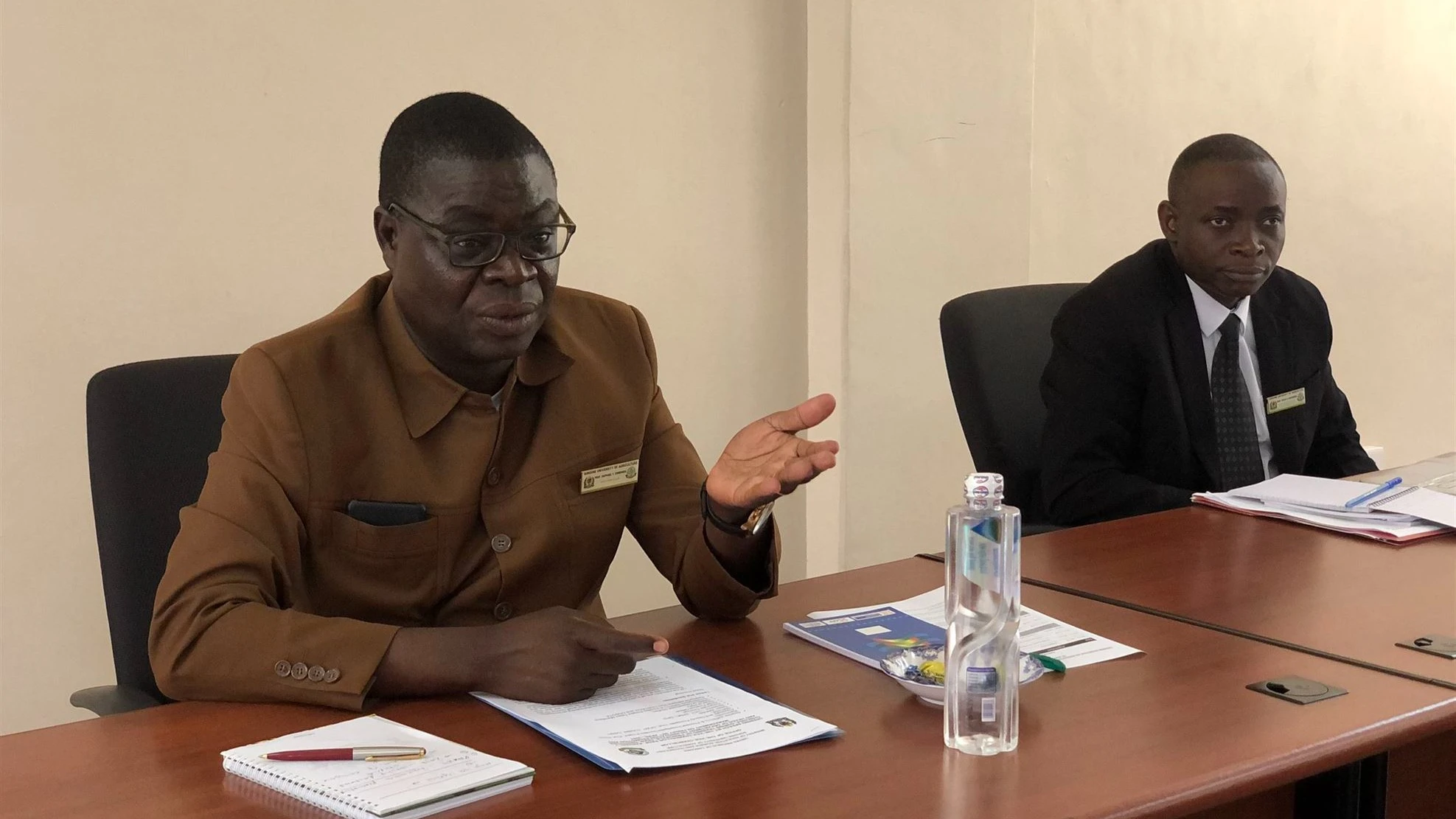Don: training for policymakers vital in managing water sources

VICE Chancellor of Sokoine University of Agriculture (SUA) Prof. Raphael Chibunda has underscored the importance of training for policymakers on the impacts of unsuitable land use near water sources, rivers, and oceans.
This, according to Prof Chibunda, will enable them to make informed decisions when planning for the nation.
He made the call in Mbeya on Monday during the opening of seven-day training for senior leaders supervising water and environment issues from 10 African countries as part of the implementation of the Sustainable Catchment Management through Enhanced Environmental Flow Assessment (EFLOWS) project.
Prof Chibunda cited that the training should be given specifically to permanent secretaries and members of parliament to enable the group to have a deeper understanding of the environment, water sources, and their threats.
“Along with a big job which experts do and later submit reports to policymakers for them to work on, if the policymakers do not have a wider understanding of what you have recommended in the research, it will be hard for them to act, so it is important to train them,” he insisted.
He said that there was a good number of research conducted in various countries including Tanzania to address challenges facing the society but at the end of the day policymakers do not consider the recommendations.
He noted that freshwater ecosystems like rivers and estuaries help sustain life in the Western Indian Ocean region by providing a broad range of services.
He commended the good job done by researchers from SUA in collaboration with the National Environmental Management Council (NEMC) for the implementation of the project which greatly helps restore natural vegetation in various water sources.
The principal researcher of the EFLOWS project said the project aimed to determine the quantity and quality of water and sediment flows necessary to sustain freshwater and estuarine ecosystems and the human livelihoods and well-being that depend on them.
He said that now that the assessment has been conducted, it is important to disseminate the expertise to various countries to create good strategies to overcome environmental challenges.
“We have implemented the EFLOWS project for two years in Mbarali and Wanging’ombe districts in Mbeya and Njombe regions respectively, the research findings and recommendations will be shared with the ten countries that benefit from the project, today meeting is important because the participants will discuss and come up with resolutions to further ensure that our water sources are protected,” he explained.
In addition, he said that many of the environmental challenges in the world are the result of human activities that affect various sectors.
“To reverse the situation, there must be joint efforts of all stakeholders in the sectors and that’s why it is important for the capacity of experts to identify and set joint strategies to address the challenges.
Wankyo Mnono, an advocate from the Vice President’s Office said the training was important to ensure that experts have a wider understanding of protection of the environment and water sources.
He said the successful implementation of recommendations from the assessment can have profound changes on communities living near rivers and oceans.
“It is important to ensure that as countries, put robust strategies to protect marine species such as fish and others as riverside communities depend on healthy river flows,” he added.
Top Headlines
© 2024 IPPMEDIA.COM. ALL RIGHTS RESERVED






















